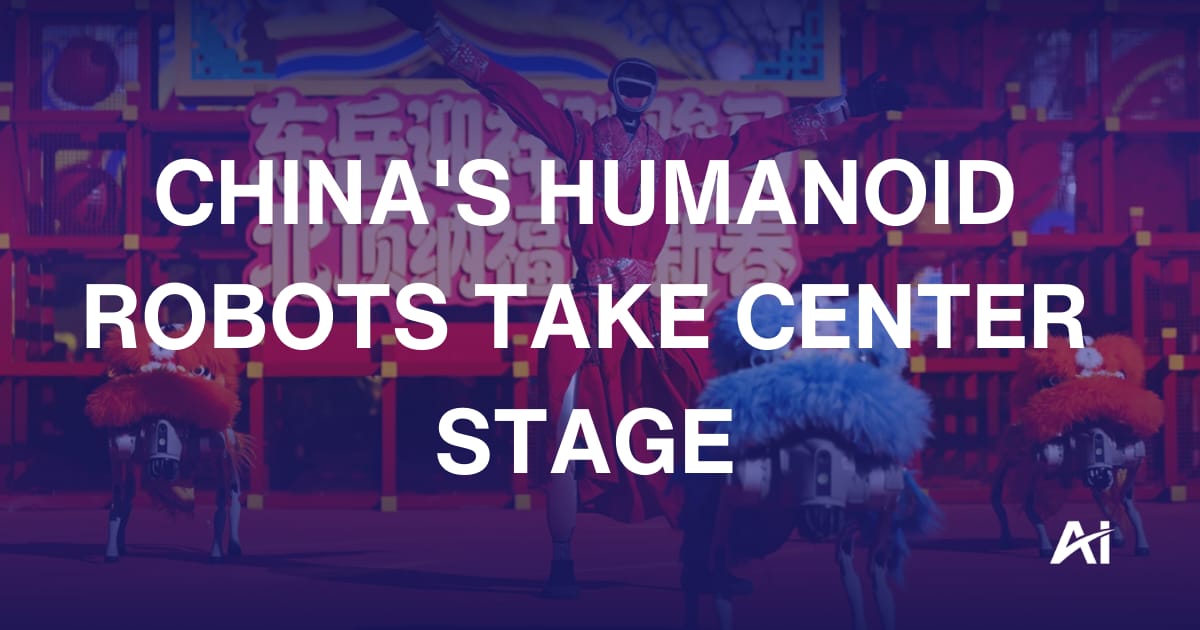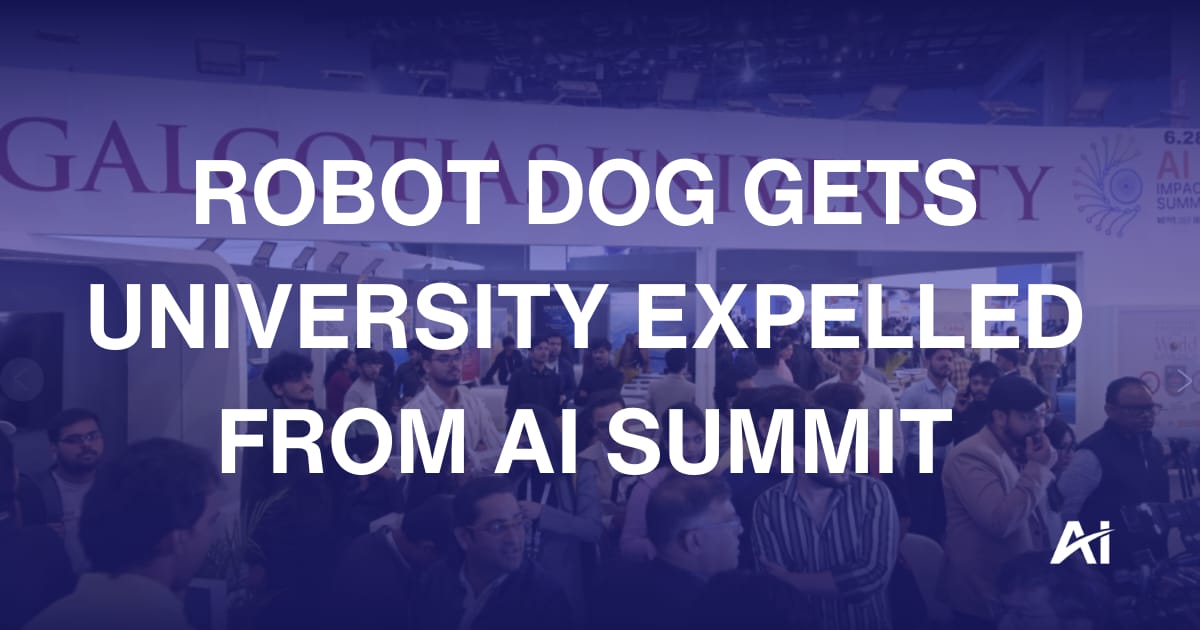
Subscribe to our free Newsletter
💌 Stay ahead with AI and receive:
✅ Access our Free Community and join 400K+ professionals learning AI
✅ 35% Discount for ChatNode
Welcome to The AI Report!
.png)

WORK WITH US • COMMUNITY • PODCASTS
Thursday’s AI Report
• 1. ⚠️ Google denies AI-driven click decline
• 2. 🔏 Protect your online info with Incogni
• 3. 🌍 How Nestle saved $18M with AI
• 4. ⚙️ Trending AI tools
• 5. 🎓 Google copies OpenAI with AI study tool
• 6. 🏛️ ChatGPT Enterprise $1 for Government?
• 7. 📑 Recommended resources
Read Time: 5 minutes
✅ Refer your friends and unlock rewards. Scroll to the bottom to find out more!


Google denies AI-driven click decline
🚨 Our Report
Despite numerous reports and studies showing that AI search features, like Google's AI Overviews, are stopping people from clicking links and visiting websites, Google is arguing that the click volume from its search engine to websites has been “relatively stable” year-over-year, and infact—the average click quality (which is a measure of how long a user stays on a website) has actually increased.
🔓 Key Points
Google’s Head of Search—Liz Reid—believes these third-party studies “inaccurately suggest dramatic declines” in website visits because they’re often “based on flawed methodologies or isolated examples.”
She does acknowledge that some sites are getting more clicks, others, less, but says that’s because “people are increasingly clicking on sites with forums, videos, and podcasts, where they can hear authentic voices.”
Google is blaming user trends for the fluctuation in clicks, and is actually painting AI as a way for websites to gain more exposure: “With AI Overviews, people are seeing more links on the page than ever before.”
🔐 Relevance
This comes just weeks after Pew Research published a report that showed that people are “less likely” to click on links if they’re served an AI-generated summary at the top of the search page; The Wall Street Journal revealed that news publishers (like The Washington Post, HuffPost, and Business Insider) have faced a steady decline in visits since AI tools like ChatGPT, Gemini, and Copilot entered the scene, leading to job layoffs; and, a study by Similarweb established that the number of “no clicks” from search results have risen from 56% (before Google AI Overviews was launched in May last year) to 69% in May this year. All pretty compelling evidence that AI is reducing website visits, especially as Google has not provided any data to back up their argument. Instead, it feels like they’re trying to refocus publishers’ attention on click quality rather than click numbers. What do you think?
Googling a name can reveal more than expected
Data brokers sell personal info—often for less than a dollar.
What’s publicly available:
Current & past addresses
Mobile numbers (even outdated ones)
Family connections
Employment history
Property records
Court documents
This information is bundled and sold to anyone willing to pay. Even ChatGPT can return surprising details when asked about someone with an online presence.
This isn’t paranoia—it’s probability:
1 in 4 Americans experience identity theft
$1,100 average loss per incident
Over 200 hours to recover
Manually opting out of data brokers is exhausting—195+ forms, 30+ hours, and records often reappear.
Incogni automates the process:
✅ Contacts data brokers
✅ Forces data deletion
✅ Monitors & re-removes data
Stay protected: Use code AIREPORT for 58% off

How Nestle saved $18M with AI
Nestle was discarding products—like broken KitKat bars or items nearing expiry—because they were unsellable.
This not only resulted in product waste but also led to lost revenue and unnecessary carbon emissions.
They built an AI system that analyzed waste generation patterns and flagged items suitable for redistribution instead of disposal.
As a result, they cut food waste by 87%, prevented 1,400 tonnes of carbon emissions, and saved $18M in costs.

Mindstream helps readers stay on top of rapid developments in AI and learn to integrate it into their work. Join over 200,000 people who trust Mindstream every day ⭐️⭐️⭐️⭐️ (Trustpilot)
VoiceType helps you write 9x faster: 360 Words per Minute! Join 650,000+ and start Voice Typing
Camtasia turns knowledge into engaging videos with AI-powered tools

A week after OpenAI launched “Study Mode”, Google has launched a Gemini-powered “Guided Learning” tool, which—like Study Mode—is designed to make users think rather than rely on Gemini to supply answers.
Guided Learning will help users uncover the “why” and “how” behind concepts by breaking down problems, adapting explanations, and creating flashcards and study guides based on individual user needs.
It will also respond to queries with images, diagrams, videos, and interactive quizzes to help users understand more complex topics and build their knowledge, rather than simply giving them the answer.

OpenAI has reached an agreement with the US Government to give “participating” federal agencies access to ChatGPT Enterprise features, for just $1 per agency, for the next year (it’s usually $60 p/u, p/m).
It will also give these agencies infinite use of its advanced models for 60days, and they’ll get access to a government-specific user community, which includes government-specific training resources.
This comes just one day after the government added OpenAI, Google, and Anthropic to the list of approved AI vendors that can offer their services to civilian federal agencies via a contracting platform.

MORE NEWS
PODCASTS
Cutting Through the Agentic AI Hype
A new Gartner study showed that more than 95% of companies that are pushing AI agents, aren't. This podcast discusses the real landscape around AI agents, avoiding the fluff and advertising hype.

We read your emails, comments, and poll replies daily.
Until next time, Martin, Liam, and Amanda.
P.S. Unsubscribe if you don’t want us in your inbox anymore.







